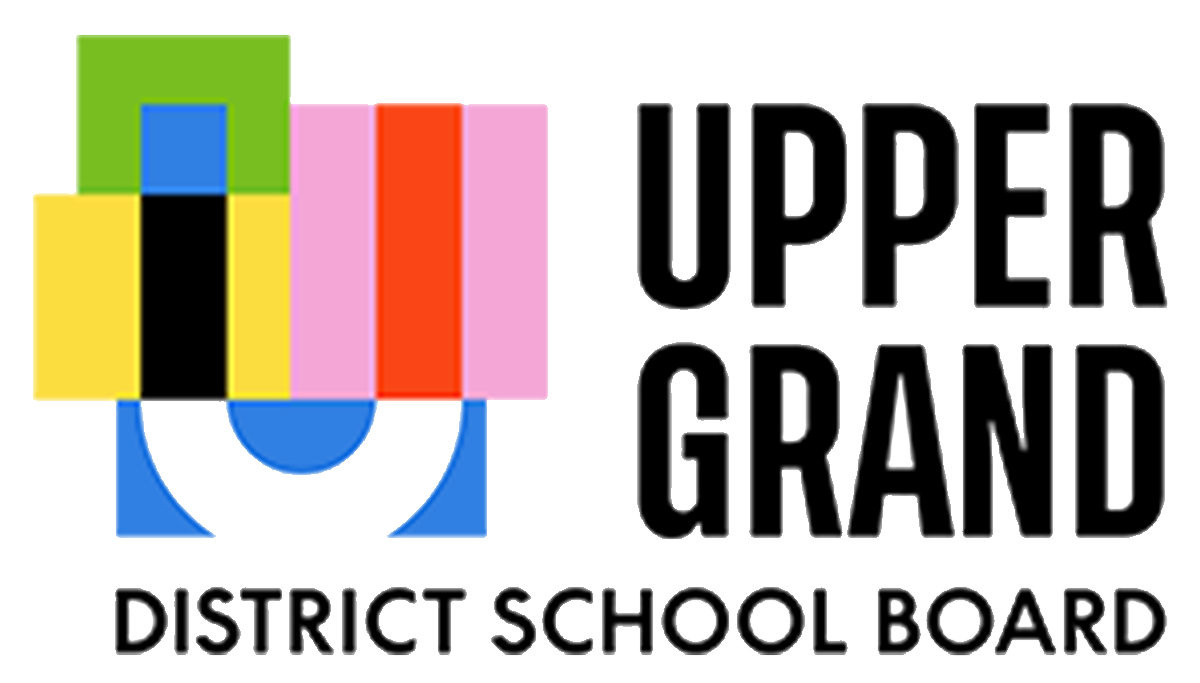About Us
Mission and Vision Statement
We provide strength based educational programming to a diverse population of learners who require a non-traditional approach to education within a therapeutic and/or alternative setting.
We are committed to:
Providing safe spaces where all students feel accepted and are valued members of the community;
Supporting students to realize their potential and take appropriate risks as they work through areas of struggle and need;
Creating individualized programming and assessment to meet the needs of all students;
Fostering the development of transferable skills to support successful transitions.
Supervised Alternative Learning (SAL)
Location: all secondary schools, various off-site
SAL is a program designed to assist and support youth between the ages of 14-17 who find it very difficult to attend regular school. Admittance in to this program is suggested through school Principals who have tried other “re-engagement” strategies like “Alt Ed” or a “reduced timetable.” SAL is always third or four on the list of school interventions to reengage the “non-attender”. SAL students can achieve credits through Co-op, Independent Learning Centre options, night school or eLearning. SAL applications are managed through the school social worker and regional meetings are held monthly to accept new students to the program.
Youth Options (The UGDSB Long-Term Suspension and Expulsion Program and Alternative Program by Special Placement from community schools)
Youth Options has been established to provide academic and non-academic (socio-emotional support) for students who have received long-term suspensions, expulsion or special placements from community school within the Upper Grand District School Board and who wish to-enter the regular school system. Legislation provides that students suspended for 6-10 days be offered academic support only, and for students at 11+ days will also receive non-academic supports.
Students referred to Youth Options will have a Student Action Plan, prepared by the referring school in consultation with the student and their caregivers. When the plan is completed and sent to Youth Options an intake meeting will be arranged (virtually and in some cases in-person). At this meeting details of the program and consent from the student and caregivers will be gathered.
Youth Options offers a variety of academic and non-academic services to promote the successful reintegration of students into community schools. It focuses on skill development for each student, with individualized strength-based programs structured toward that goal.
In order to ensure a positive learning environment for students and staff, it is expected that students will adhere to the Code of Conduct and rules, as modified, by Youth Options administration staff. A failure to adhere to the rules and expectations of behaviour and social interaction will result in consequences for the student, up to and including removal from the program.
Care and Treatment
Care and Treatment have previously been referred to as Section 23 classes or Care and Treatment programs.
The philosophy and expectations of the Ministry of Education regarding educational programs for pupils in government approved care and/or treatment, custodial and correctional facilities is articulated in Policy/Program Memorandum No. 85 issued January 29, 1986. Essentially, this memorandum states that the education of school-aged pupils must not suffer if they are required to attend government approved facilities for care and/or treatment, custodial or correctional needs. As far as possible, these pupils should attend regular or special education classes in local schools. However, in cases where pupils are not able to attend local schools because of their exceptional needs, suitable educational programs that recognize the primacy of care and/or treatment, custodial or correctional needs may be provided by the School Board within the facilities. Arrangements for the provision of such educational programs are developed jointly by the facility staff and Board personnel.
The following programs are provided through local agencies and the UGDSB:
Gateway Classroom
Pathways Classroom
New Way
STARS (formerly OASIS ) – 2 Sites (Orangeville and Shelburne)
Please note: access to these programs is provided through the partner agency and not the UGDSB. For further information, please contact the agency associated with program, or on of our Principals: Here
